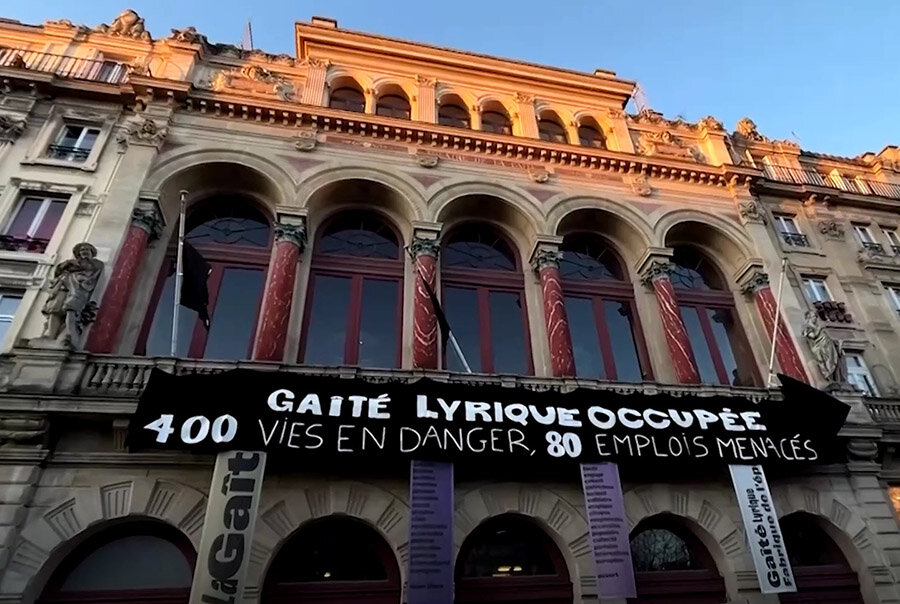Squatters in France: How Illegal Occupation Is Becoming a Growing Threat to Homeowners

Reuters
Squatting is often associated with Spain, where the issue has caused public outrage and legal reform. Similar stories have emerged in Italy — and now France is also experiencing a wave of high-profile cases making headlines across the media.
Squatting in France: A Rising Problem
While squatting in France has existed for decades, it rarely made front-page news — until recently. According to the Ministry of Justice, there were 1,130 cases of illegal occupation in 2019, with families accounting for 45% and single individuals for 39% of them. By 2021–2022, the number had nearly doubled to 2,078. A squat typically involves the unauthorized occupation of a vacant or abandoned property.
In 2020, for instance, homeowners in Théoule-sur-Mer returned after a long absence to find their home vandalized by squatters — floors damaged, furniture destroyed, and graffiti on the walls. Meanwhile, in Marseille's 15th district, around 60 residents reportedly fled their apartments due to violence linked to illegal immigrants squatting in the area.
One 2023 case in Annemasse drew national attention: a family had lived rent-free in an apartment for six years, despite the father earning €6,000 per month. In Vendée, professional squatters refused to vacate a rental property, prompting the landlords to consider leaving France altogether.
The Kasbarian-Bergé Law
Public outrage led to legal reform. In mid-2023, France passed the Kasbarian-Bergé law, increasing penalties for illegal occupation to up to 3 years in prison and a €45,000 fine. The law also streamlined eviction procedures for all types of properties, including second homes and vacant buildings.
Now, authorities can initiate evictions within 48 hours of a complaint if illegal entry is proven — without lengthy court procedures. The law also criminalizes incitement to squat, including online guides or calls to occupy private property.
Although many property owners welcomed the reform, critics argue that it criminalizes poverty. UN Special Rapporteur Olivier De Schutter warned that the law may violate France’s international housing rights obligations. Over 40 French organizations called for its repeal, citing concerns over human rights.
Record Evictions and Controversial Cases
Evictions in France reached record highs in 2024. Over 108,000 people were removed from squats, shantytowns, and camps. In Île-de-France alone, more than 20,000 individuals were relocated ahead of the Paris Olympics.
One of the most controversial evictions occurred in April 2024 in Vitry-sur-Seine, where over 450 people — many with legal work and residence status — were forcibly removed from a building they had occupied.
Sometimes squatting leads to absurd legal paradoxes. In Toulouse, an 18-year-old who injured his spine while illegally using a private swimming pool sued the homeowner, claiming insufficient safety precautions.
In March 2025, Paris police evicted over 400 minors and migrants from Gaîté Lyrique, a cultural center occupied since December 2024. The operation sparked protests and drew criticism from human rights activists.
A Lingering Legal and Investment Risk
Despite the new laws, France still struggles with the squatting crisis. Legal delays, inconsistent enforcement, and opportunistic squatters — some demanding money to vacate — undermine property rights and damage investor confidence. Analysts warn that this phenomenon is increasingly being exploited as a form of illegal income.
The persistence of squatting continues to create distrust in the legal system and weakens the French real estate market. Temporary loss of property control leads to financial losses and declining asset values — a concern not only for individual owners but also for international investors.
Подсказки: France, real estate, squatters, eviction, housing law, property, Kasbarian law, migrants, Paris, Marseille, legal reform








